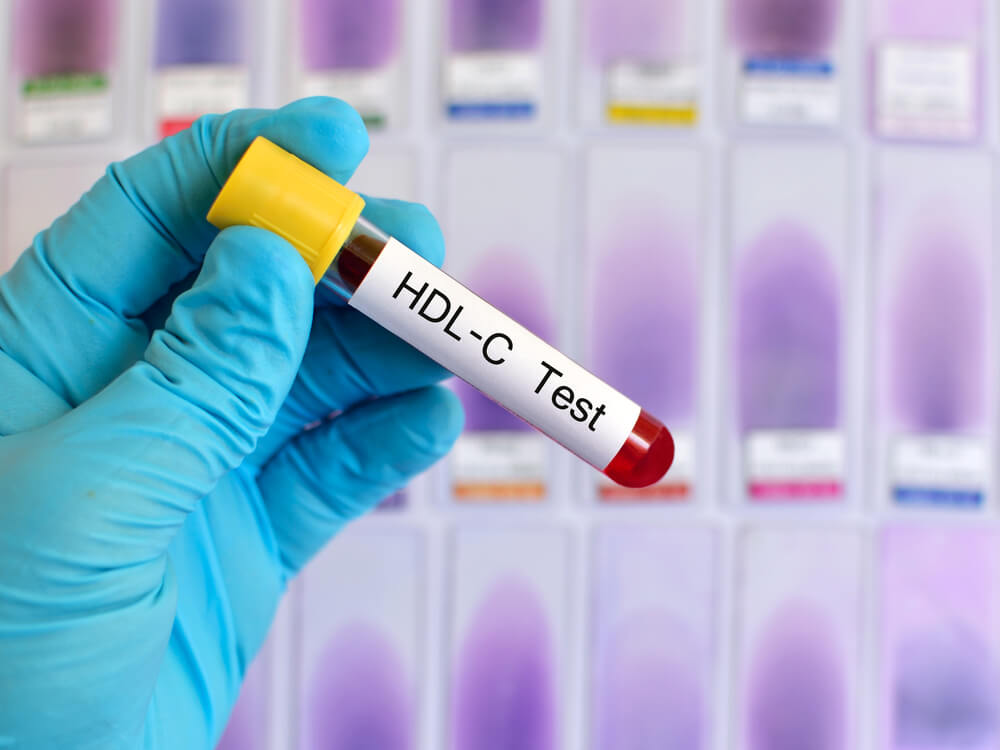DIAGNOSIS
An HDL examination is also called an HDL-C test. It is one of the many tests that your doctor can use to evaluate the amount of cholesterol in the body. The whole set of this examination is called a complete cholesterol assessment, or a lipid profile. Doctors regularly order this test to identify the risk of getting a heart illness.
HDL tests precisely detect the amount of good cholesterol in your blood. And medical professionals may perform the test for individuals who are at risk for heart disease, including the following:
- People with a family history of heart problems
- People with diabetes
- People with high blood pressure
- Smokers
- Have past heart problems
- Men and women ages 45 and above
What are the risks of the HDL test?
An HDL test needs a simple, regular blood extraction and it doesn’t cause any severe problems. Here are the risks of getting blood samples:
- Uncontrolled bleeding
- Hematoma
- Infection
- Fainting
How will you prepare for the HDL test?
Your doctor will provide you with exact guidelines on how you can prepare for the examination. It may involve not taking any medications or fasting for 12 hours before the beginning of the test.
You must not have an HDL assessment if you’re sick or not feeling well. The range of cholesterol during that time is low because of severe illness. It’s advisable that you will wait for at least six weeks after you recover from illness. And if you’re pregnant, you must also wait at least six weeks after you give birth.
What to expect during the HDL test
An HDL test is fast and relatively pain-free. A medical professional will get a blood sample on your body using a needle. Other tests, including tests at home, need only a drop of blood using a tiny needle known as a lancet.
After they get a blood sample on you, they will send it to the laboratory for examination. If you feel dizzy after the test, you may need to rest and perhaps have a sugary drink or snack to make you feel well.


